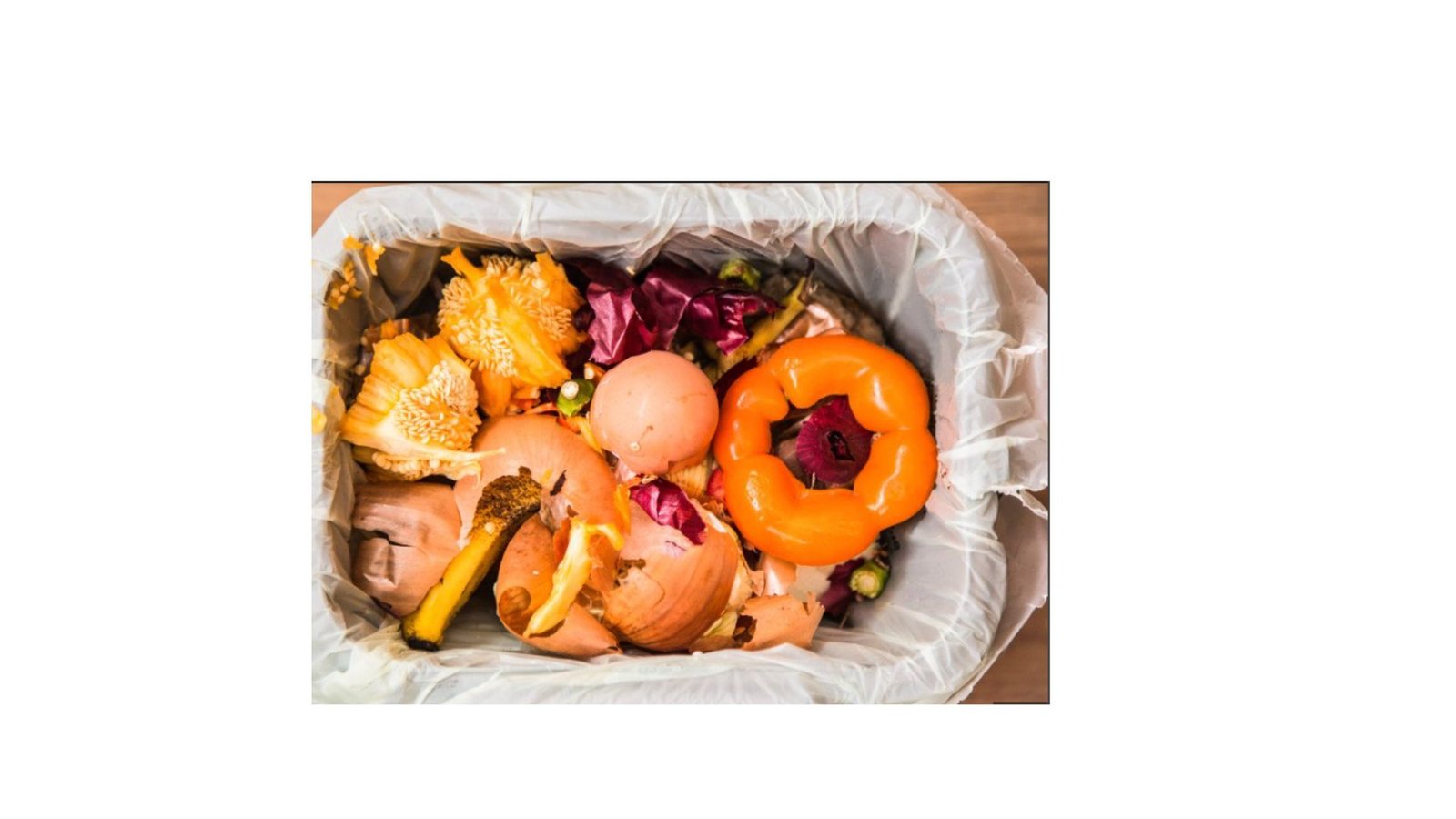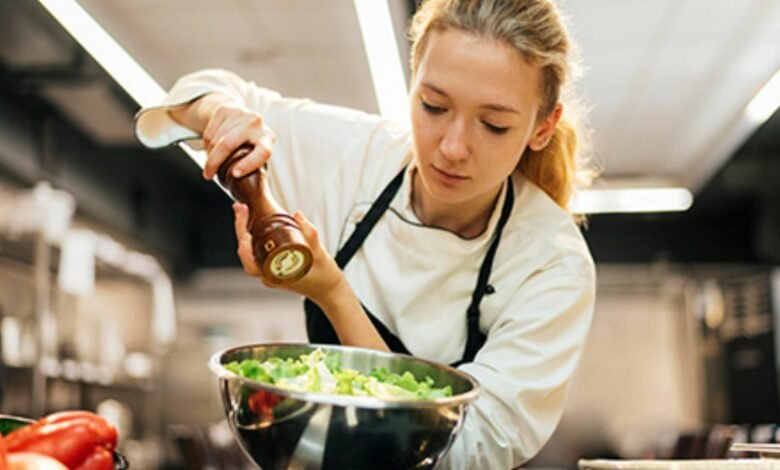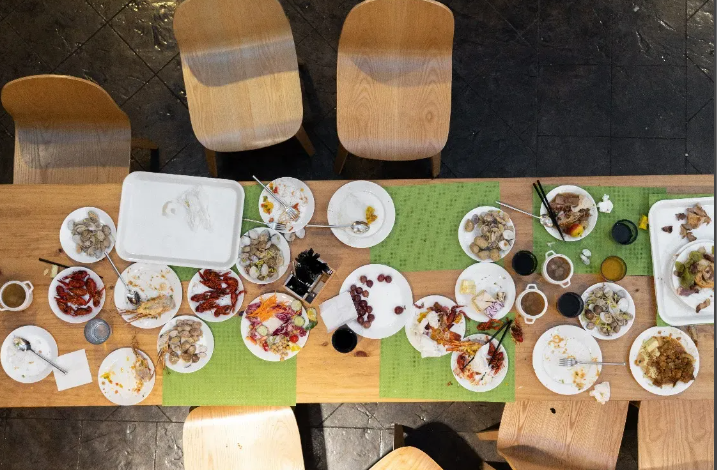|
Getting your Trinity Audio player ready...
|
In today’s fast-paced world, finding ways to streamline our cooking routines and minimize waste is more important than ever. Fortunately, there are plenty of ingenious kitchen hacks that can help us achieve both goals simultaneously. From smart storage solutions to creative cooking techniques, these tips can not only save time but also help reduce our environmental footprint by cutting down on food waste. Let’s explore some clever hacks that will revolutionize the way you approach cooking and eating in your kitchen.

Meal Planning Made Easy
Plan your meals for the week ahead to avoid overbuying ingredients.Create a shopping list based on your meal plan to ensure you only purchase what you need.Consider batch cooking and freezing individual portions for quick and convenient meals later on.
Get Organized with Proper Storage
Invest in airtight containers to store leftovers and keep ingredients fresh longer.Utilize clear containers to easily see what’s inside and avoid forgetting about items hidden in the back of the fridge.Label containers with expiration dates to help prioritize items that need to be used first.
Make the Most of Your Ingredients:
Use citrus zest to add flavor to dishes and reduce the need for additional salt or seasoning.Save vegetable scraps like onion skins, carrot tops, and celery ends to make homemade broth or stock.Revive wilted herbs by placing them in a glass of water in the fridge or chopping and freezing them with olive oil in ice cube trays.
Creative Cooking Techniques
Transform stale bread into crispy croutons or breadcrumbs by toasting in the oven.Blend overripe fruits into smoothies, sauces, or baked goods instead of throwing them away.Repurpose leftover grains like rice or quinoa into salads, stir-fries, or stuffed peppers for a quick and satisfying meal.
Embrace Zero-Waste Cooking
Use all parts of fruits and vegetables, including stems, leaves, and peels, in your recipes whenever possible.Compost food scraps to reduce landfill waste and create nutrient-rich soil for your garden.Explore traditional recipes from cultures around the world that prioritize using every part of an ingredient to minimize waste.
Efficient Meal Prep Strategies
Dedicate a specific day each week to meal prep, chopping vegetables, marinating proteins, and cooking grains in advance.Use multi-functional kitchen appliances like slow cookers, Instant Pots, or air fryers to prepare meals with minimal effort and cleanup.Portion out snacks and ingredients for recipes into individual containers or baggies for grab-and-go convenience throughout the week.Don’t forget to include versatile staples like cooked chicken, roasted vegetables, and pre-washed salad greens to easily assemble meals on busy days.
Properly Store Fresh Produce
Learn the best storage methods for different types of fruits and vegetables to maximize their shelf life.Store ethylene-producing fruits like apples and bananas separately from ethylene-sensitive produce like leafy greens to prevent premature ripening and spoilage.Consider investing in produce-saving gadgets like ethylene-absorbing bags or specialized containers designed to extend the freshness of fruits and vegetables.Revive wilted produce by soaking in ice water or wrapping in a damp paper towel and storing in the refrigerator for a few hours to crisp up.
Embrace Imperfect Produce
Don’t be afraid to purchase “ugly” or misshapen fruits and vegetables, which are often just as nutritious and delicious as their pristine counterparts.Look for opportunities to use imperfect produce in soups, stews, smoothies, and sauces where appearance matters less.Support local farmers and grocery stores that offer imperfect produce at discounted prices to help reduce food waste at the source.Challenge yourself to get creative in the kitchen by finding new ways to incorporate less-than-perfect ingredients into your favorite recipes.
Practice Mindful Eating Habits
Pay attention to portion sizes and avoid cooking more food than you can realistically consume to minimize leftovers.Use smaller plates and bowls to help control portion sizes and prevent overeating.Slow down and savor each bite, focusing on the flavors, textures, and aromas of your food to prevent mindless eating.Practice gratitude for the food on your plate and the resources required to produce it, fostering a deeper connection to the food you eat and the planet it comes from.
Conclusion
By implementing these additional strategies into your kitchen routine, you can further optimize efficiency, reduce food waste, and cultivate a more mindful approach to cooking and eating. Remember, small changes can lead to significant improvements in both your well-being and the health of the planet, so don’t hesitate to start implementing these tips today!
you can find more here:
Cultivating Mindful Eating: A Journey to Nourish Body and Mind
From Scratch to Satisfaction: Homemade Delights
Essential Cooking Tips and Hacks








